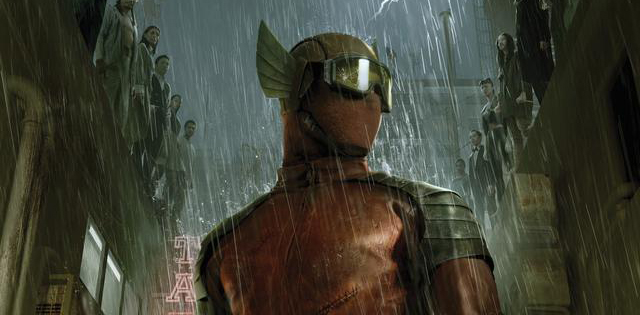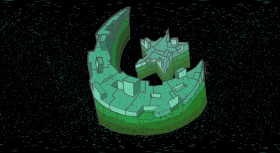This new academic year I suffered from a prolonged burnout because of my job as a kindergarten teacher.
Stressing out for doing something that had been a source of joy for me this past six years – to the point that I thought about ending my life – may seem absurd, but I was really off the chart.
I overate and gained a lot of weight. I became so sensitive and easily offended. Although I spent most evenings in bed, my nights were restless. With the loss of quality sleep, I had neither energy to exercise, nor the willpower to face the day. I would wake up, go to work, come home, lay in bed sleepless, and repeat.
After almost three months of going through this routine, I decided that I needed help, so I made an appointment with a psychologist.
It felt wonderful to be able to empty my cup with the help of my counselor. Through our talks, I realized that I somehow had been bottling up my problems and trying to run away from it rather than solving it.
That day I relearned to accept who I am fully and made a commitment to be more grateful and compassionate toward myself. Little by little, I gained back control over myself I had a peaceful sleep that recharged my energy. I ate more mindfully and started working out again. Things were looking good.
My mental recovery happened to coincide with the release of the movie Gundala. As a Joko Anwar enthusiast and a superhero-movie buff who never misses any Marvel Cinematic Universe’s movie releases, I had been looking forward to watching this film.
Gundala was mind-blowing. Never before did I feel so represented by a working-class hero like Sancaka as depicted by Abimana Aryasatya. The way his character’s story unfolded – living on minimum wage in a small and shabby flat, having to choose to be a bystander in the face of injustice to stay safe, being skeptical about the government yet wanting the nation to change – speaks to me on a different level.
Tara Basro’s portrayal of Wulan, Sancaka's love interest, also mesmerized me. A fierce woman with a strong sense of justice to support people around her, Wulan is a fresh change for woman representation in a superhero movie. She is not the damsel in distress at all; she’s the one helping Sancaka to find his true power.
Wulan’s presence screams girl power and I, as a woman, feels elevated by her. With these characters, I can relate with so many aspects represented in this movie.
Just as Sancaka getting recharged when struck by a lightning bolt, watching movie fueled and awakened the fangirl in me who had been sleeping during my stressed-out period. After watching the movie, I spend my free time Googling about Gundala, reading threads from role-playing account about Wulancaka/Wulan x Sancaka ship, and watching casts interviews. Through my fangirling activities, I found that the two leading casts are somewhat advocates for mental health.
In one interview Tara Basro talked about the importance of self-love, which she defined as “allowing yourself to process and to heal, respecting yourself, and finally being able to listen to yourself.” This resonated deeply in me. My counselor had said that I could lessen the stress by appreciating myself inwardly rather than seeking external validation for things that I had accomplished.
Tara also talked about how she sacrificed her well-being, not listening to herself even though her body already sounded the “alarm.” She paid no attention whatsoever until she went into what she called “depression mode.” She even went on saying, “I think if I die this pain will go away,” and regarded how society simply thinks that everything can be solved just by being grateful for being alive.
I froze during this part because that was exactly what happened to me that led me to see my counselor. Tara said she felt the responsibility of sharing about this issue through social media for people who have no access to help. I admire her so much for doing so.
In another interview I learned that Abimana had consulted a psychologist after falling into depression. He talked openly about the damage that scarred him in his childhood and the impact of the trauma to his personality, his attitude toward his family, and how it affected his self-worth. He said that he realized that he could actually heal himself by finding out the root of his problems, hence the visit to the psychologist.
Although my case was so irrelevant compared to Abimana's complicated background, I can relate with him because of this shared experience of looking for help in a bleak time. His positive attitude about counseling helps me carry on with my healing process. It became a source of power that motivates me to keep going on my sessions.
After watching these interviews, all I can say is that I have so much respect for them for being upfront about mental health. Joko Anwar is the right director to helm this movie for choosing the right actors to give so much life toward Wulan and Sancaka. Tara and Abimana really have the souls to embody these impactful characters.
“Gundala” might be a classic superhero movie about good fighting evil. But it is also a story about personal struggle and development, self-discovery and acceptance, and how to remain human in a desolate time. Kudos to Bumilangit for their effort to create universe for Indonesian superheroes and to revive the almost forgotten Indonesian comics, and to Joko Anwar for bringing his best to the screen. And a special shout-out to Tara and Abimana for inspiring me to keep going.







Comments